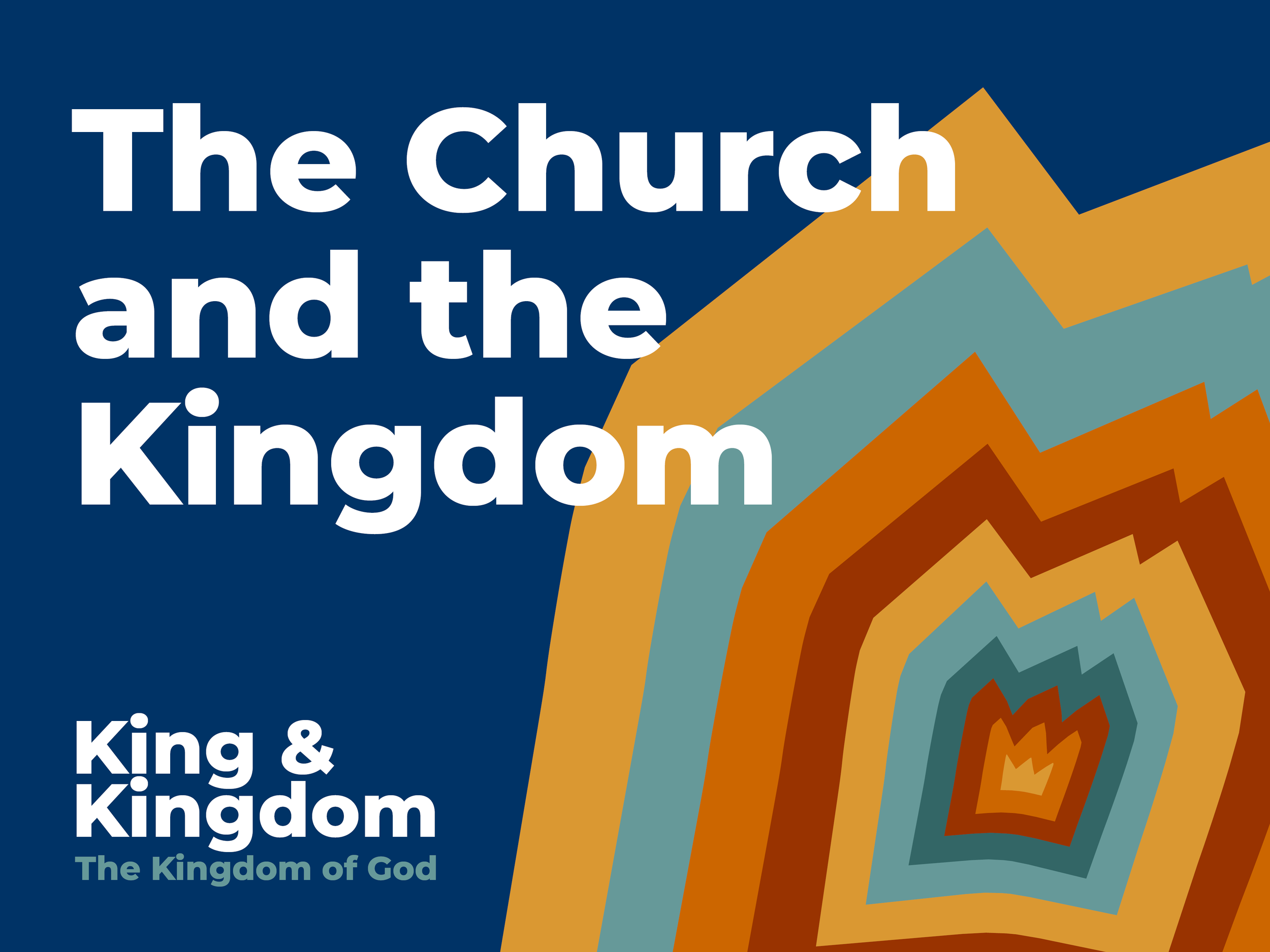Living in Babylon
About this series:
Throughout 2023 all our teaching series will be looking at The Kingdom Of God. The essential goal is to help people understand the Bible’s teaching on the kingdom of God and raise confidence in God’s plans for his kingdom’s expansion / multiplication.
Our first series on the kingdom starts with an introduction to the king and his kingdom and then develops that biblical theme from the establishing of God's kingdom in creation to his choosing of a special people who would be set apart for him, how God's kingdom clashes with that of the world and the choices we therefore have to make, how we're to be a blessing while we live in the world but not of it, the promise of a coming anointed king bringing to reality the rule of God in / through the life of his people, the coming of the kingdom in a new way in Jesus as promised in the OT, what Jesus expected life in the kingdom of God to look like, what Jesus taught about the kingdom in parables, how the church relates to the kingdom and the future kingdom.
Preaching about The Kingdom Of God is a great way to address life as a church community - this is how life together under God’s reign should look like. And to address our lives in the world - demonstrating to those in our sphere of influence the reality of God and what life looks like when God is your king.
About this talk:
Scripture: Jeremiah 29:4-7
So how are God’s people to live in these in between times, when the kingdom of God has come but not fully, when the clash of kingdoms continues? There are three basic options: quietly withdraw, aggressively oppose, or positively integrate. In Jeremiah 29 the prophet writes to the Jewish exiles in Babylon with God’s advice about how they should live, given that God’s deliverance of them was still going to be 70 years in the future. And what he advises may have been a great surprise - it was not to quietly withdraw or to aggressively oppose, but to positively integrate while retaining their distinctive identity.
After God reminds them that it was he who took them into exile, he says they are to settle down and embrace Babylon as their physical home; to increase through marriage; and to work and pray for the peace and prosperity of Babylon. The dangers and temptations involved in integrating were not to stop them being a positive influence and force for good where God had placed them.
The same remains absolutely true for us, as is made clear in the New Testament:
We are in the world, but not of it (John 17:14-19).
We are to love our neighbours (Mark 12:31).
We are to “let [our] light shine before others, that they may see [our] good deeds and glorify [our] Father in heaven” (Matthew 5:16).
We are not expected to remove ourselves from the rest of the world (1 Corinthians 5:9-10).
Jesus has sent us into the world as witnesses (John 20:21), as salt and light in the world (Matthew5:13-16).
But the challenge remains too. The challenge to be a blessing to those around us without falling in love with their values; to be fully involved with our neighbours without losing sight of who the true king is; to become neither isolated nor compromised.
Application ideas:
Give some examples of times when you’ve quietly withdrawn or aggressively opposed rather than positively integrated.
What does it mean to be in the world but not of it? What bearing do James 4:4-5 and 1 John 2:15-17 have on this?
What would it look like for you to positively integrate; to “seek the peace and prosperity” of the place (neighbourhood, workplace, social settings) where God has placed you?












